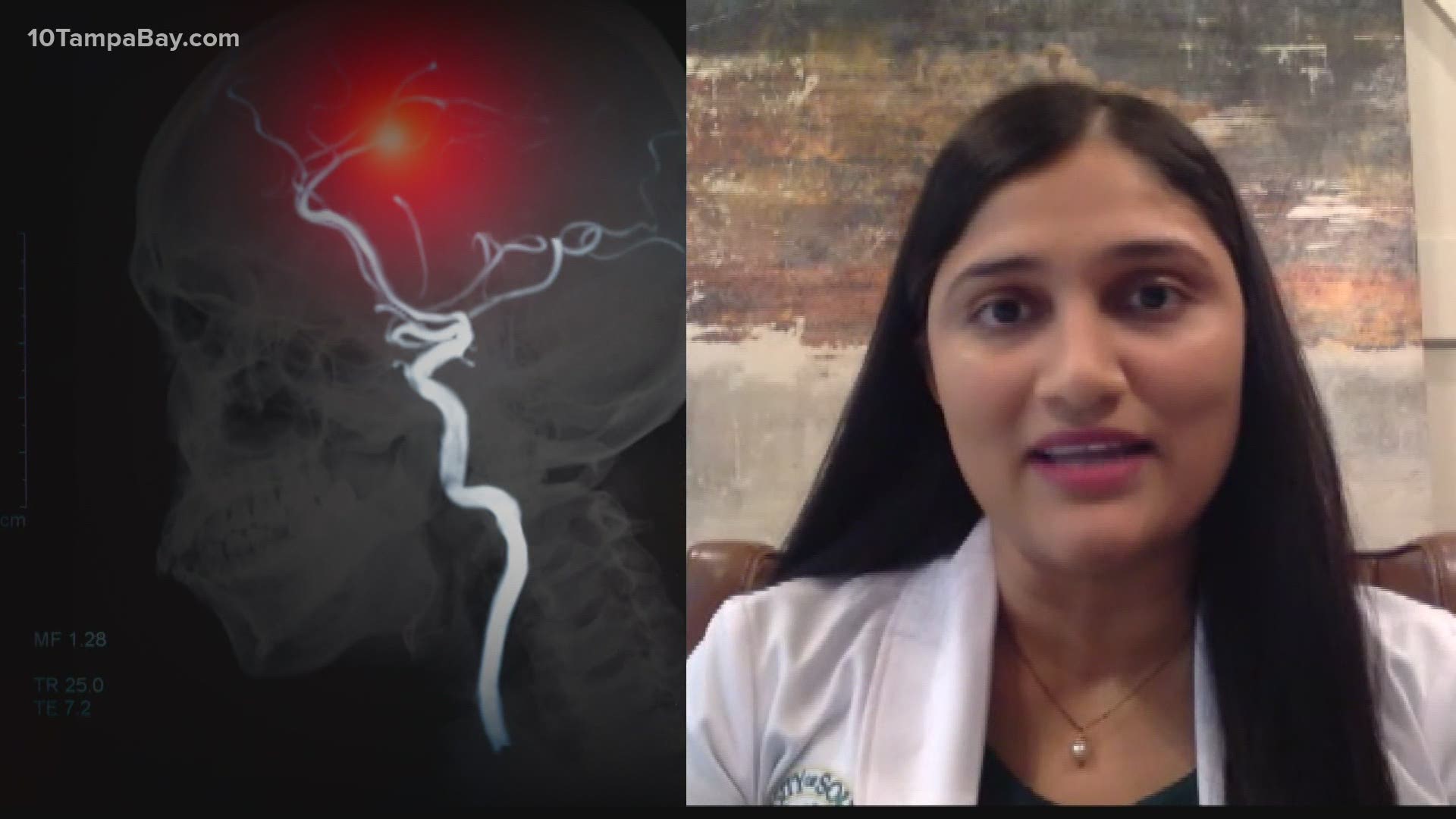Well shit, the solution is obvious.
Stroke leads to anxiety, depression and thoughts of a worthless life. Solve the correct problem; 100% RECOVERY.
EXACT 100% RECOVERY PROTOCOLS.
This is a secondary problem, solve the primary problem of 100% recovery. Are you that blitheringly stupid that you, your mentors and senior researchers can't see that?
Study: Stroke survivors may have higher risk of suicide
TAMPA, Fla. — May is National Stroke Awareness Month. While it's to promote public awareness and reduce the incidence of stroke, we wanted to highlight new research that shows stroke survivors may have higher risk of suicide.
The preliminary research was published in the American Heart Association's journal "Stroke" and presented at the 2021 International Stroke Conference.
It shows stroke survivors had a 73% higher risk of suicide, were more than twice as likely to attempt suicide, had a 63% higher risk of dying by suicide and had a diminished risk of suicide with time.
We talked with Dr. Swetha Renati, a stroke neurologist at Tampa General Hospital and USF about the study.
She says after a stroke, about a third of patients develop depression, which is more common in the first year after a stroke. She says it may be due to both biological and environmental factors.
"There may be changes in the brain that occur with a stroke. In addition, there may be environmental changes, so after stroke a lot of people can have motor deficits or speech deficits and they may have decreased mobility, so that could affect their mental health," Dr. Renati said.
This serves as something for doctors and caregivers to keep in mind after someone suffers a stroke, according to Dr. Renati. This way those who experience a stroke can get the right resources to be able to screen for things like depression.
The American Heart Association does recommend screening for post-stroke depression so it can be identified earlier.
At supportnetwork.heart.org survivors have the ability to connect with other survivors, share their stories, read other survivor stories on blogs and online forums, and access important post-stroke rehabilitation resources.

No comments:
Post a Comment